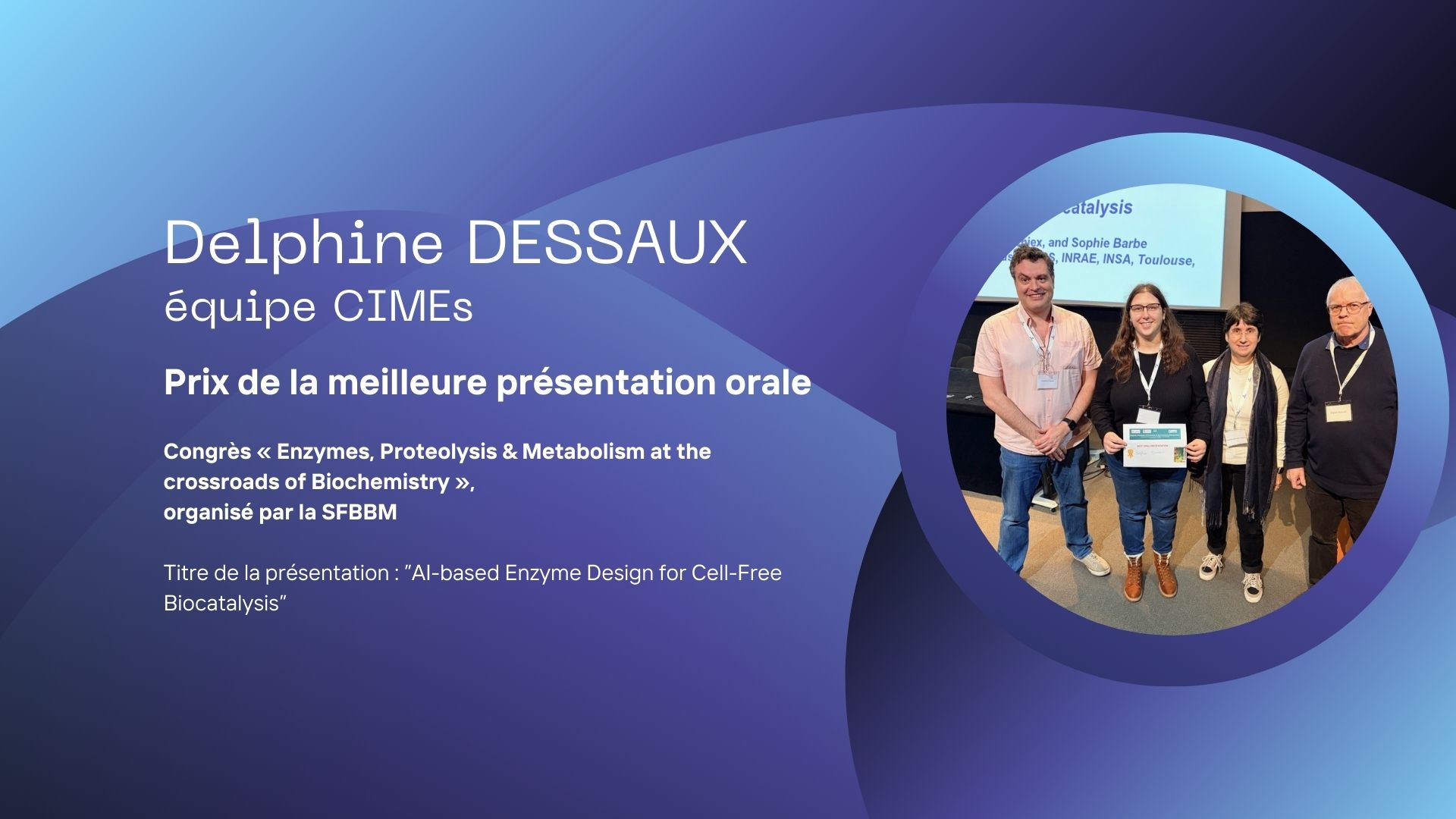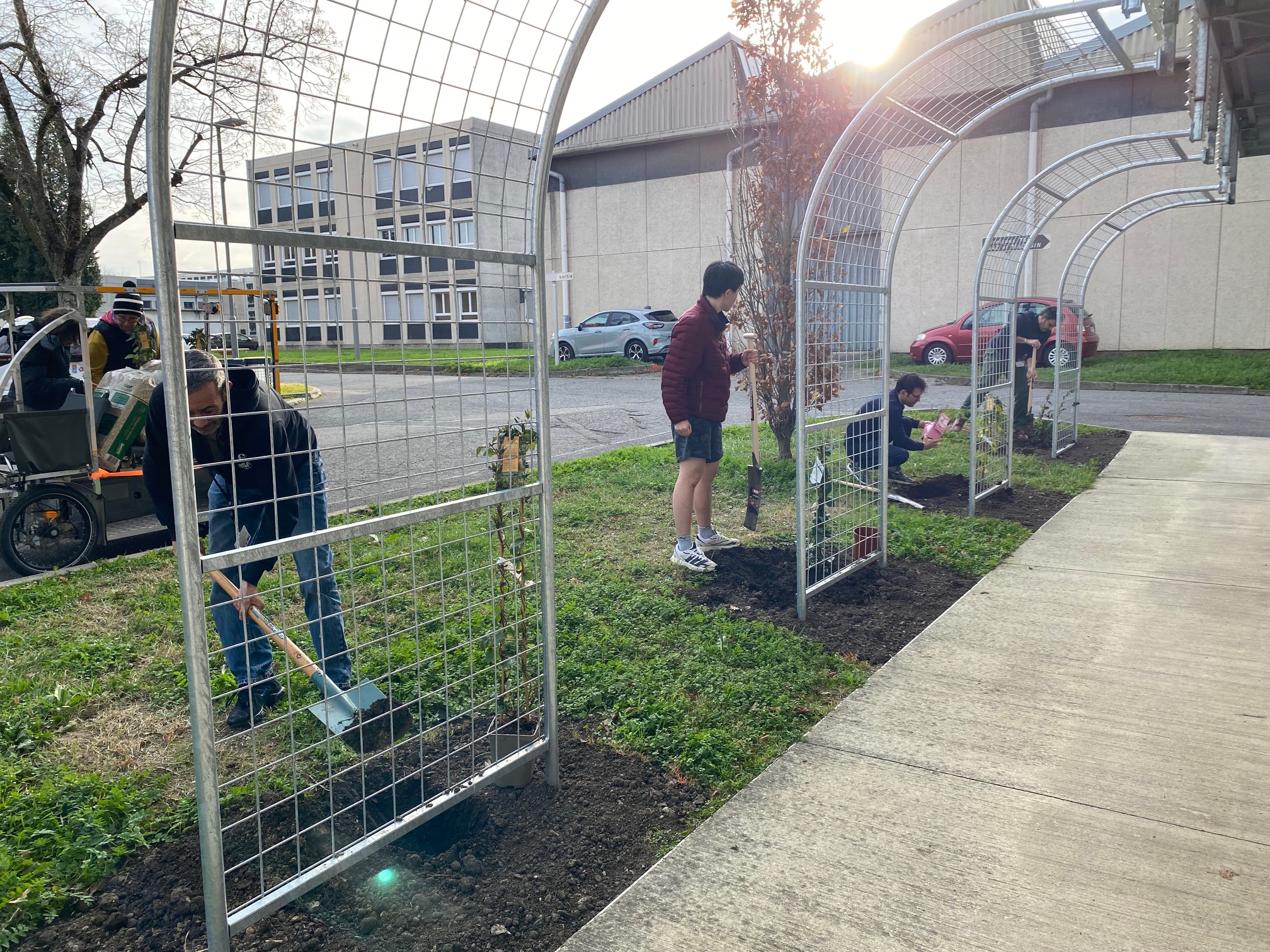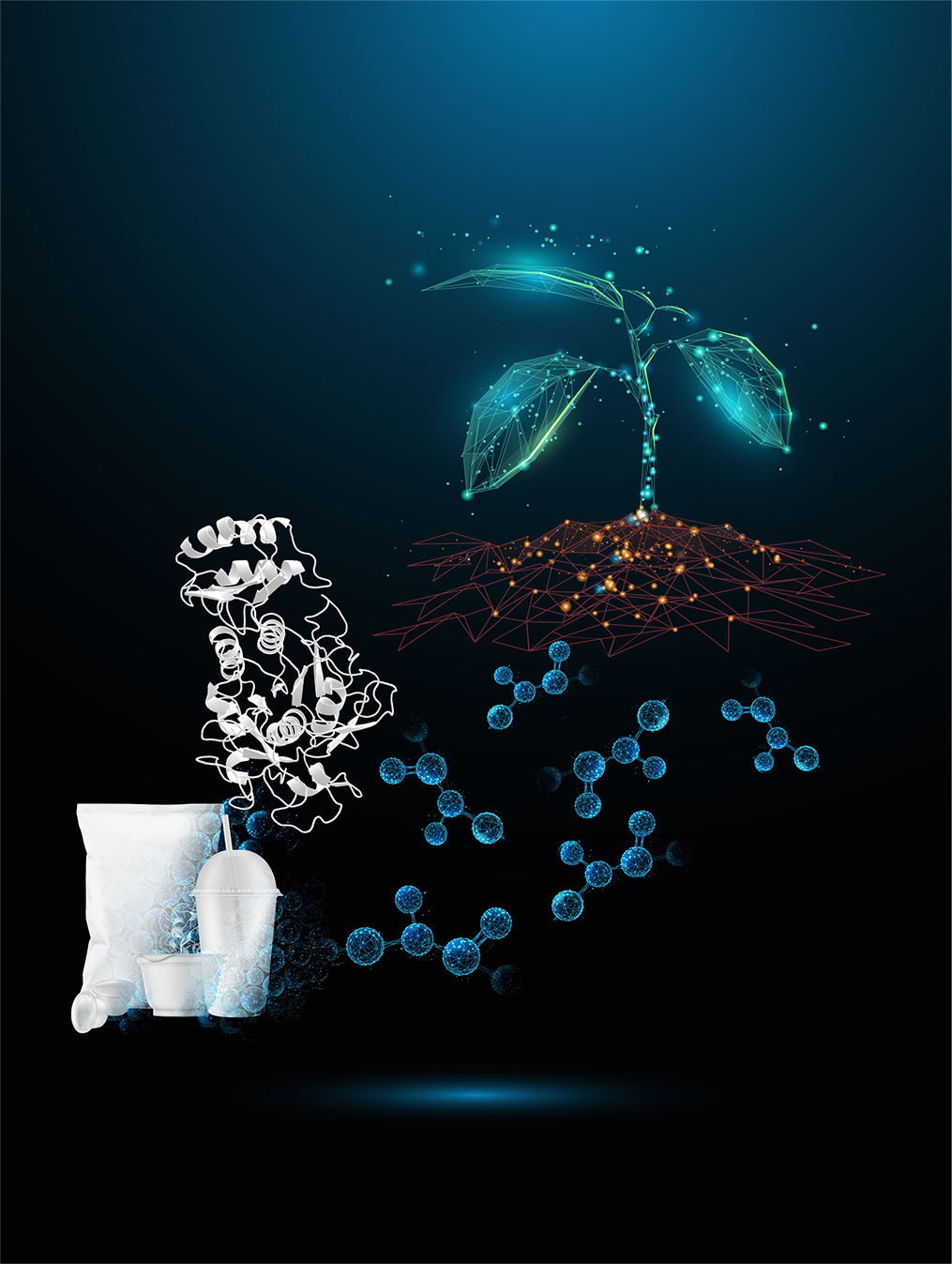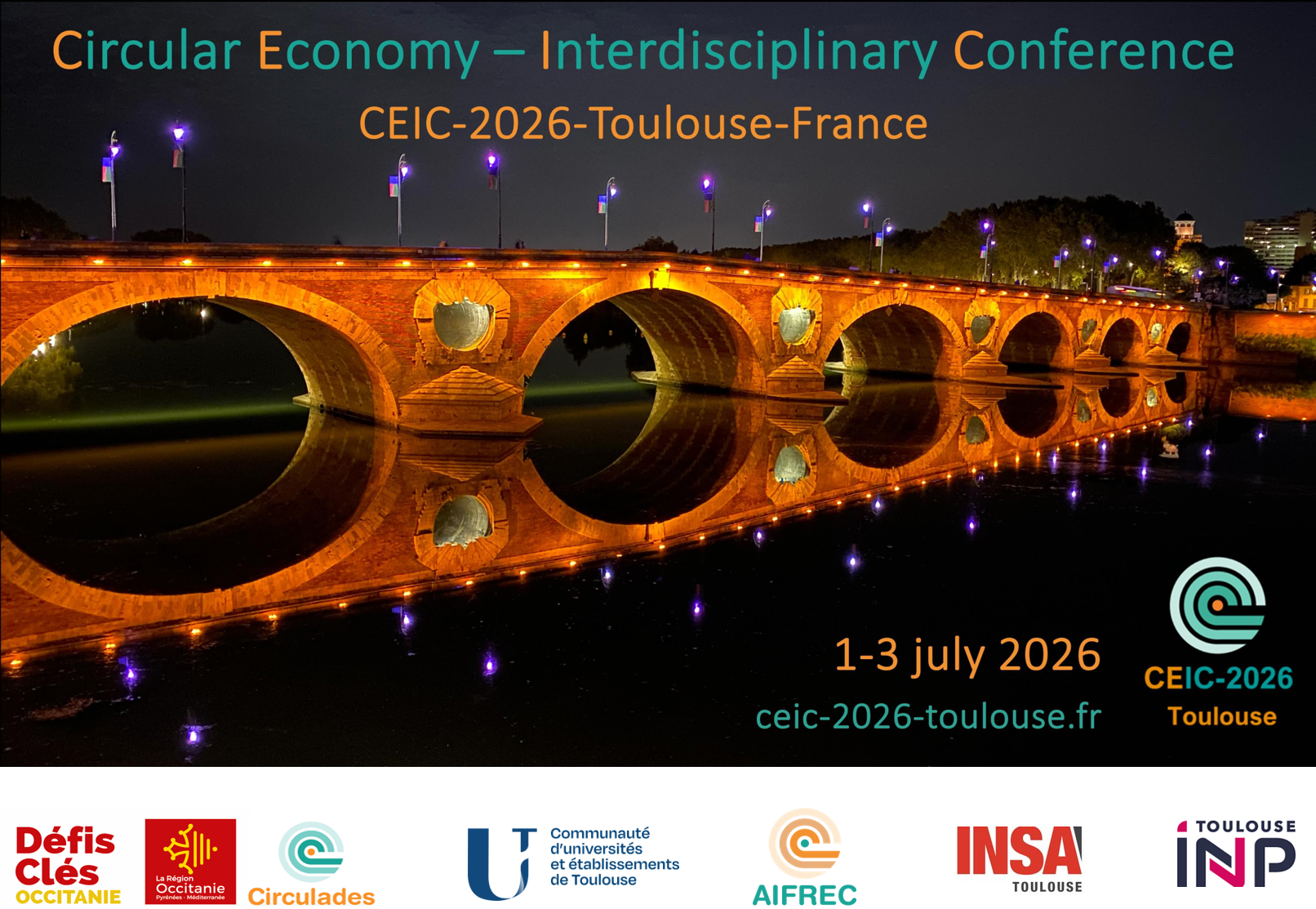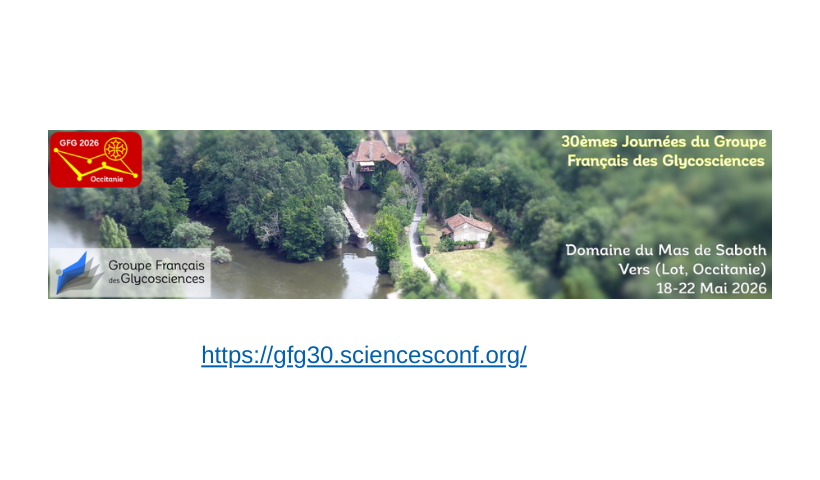The Toulouse Biotechnology Institute (TBI), a joint INSA Toulouse/ INRAE/ CNRS research unit, and Carbios, a French green chemistry company pioneering the world of bioplasturgy, publish this Wednesday July 17, 2024, in the online version of the journal Nature, a scientific article entitled ” An engineered enzyme embedded into PLA to make self-biodegradable plastic » (https://www.nature.com/articles/s41586-024-07709-1). This study reinforces Carbios and TBI's pioneering work in the field of enzymatic degradation of plastics, which had already led to an article published in April 2020 on the enzymatic depolymerization of PET (https://www.nature.com/articles/s41586-020-2149-4).
This work describes the engineering strategies deployed to ensure the development of an enzyme capable of biologically depolymerizing polylactic acid (PLA)-based plastic materials over a wide temperature and pH range, reflecting the natural variations found in the life cycle of domestic compost.
This study also describes the methodologies and challenges involved in obtaining homogeneous incorporation of the enzyme into PLA films at high temperatures (170°C), while retaining sufficient activity to enable the plastic produced to degrade completely and rapidly under domestic and industrial composting conditions, as well as in anaerobic digestion (methanization). The article highlights the optimization process used to obtain an enzyme capable of withstanding the 170°C required to melt it into PLA by extrusion. The new enzymatic material is shown to disintegrate and biodegrade at a much faster rate than the 26 weeks required for certification for use in home composting, and also to help produce more biomethane, another source of waste recovery. It is also stated that the enzymatic material remains intact during long-term storage, and that its degradation will only be activated when transferred to composting or methanization conditions, thus guaranteeing its compatibility with PLA-based commercial applications such as flexible packaging or short-life items like food containers.
This work was mainly carried out within the INSA/Carbios PoPlaB (Polymers, Plastics and Biotechnology) cooperative laboratory at TBI and was supported by a grant for scientific research (THANAPLAST project, OSEO ISI contract number I 1206040W).
To consult this publication, go to the Nature website from July 17, 2024 5pm (Paris time):
References
Guicherd, M., Ben Khaled, M., Guéroult, M. et al. An engineered enzyme embedded into PLA to make self-biodegradable plastic. Nature (2024). https://doi.org/10.1038/s41586-024-07709-1
Contact
Alain Marty, Scientific Director, Carbios
alain.marty@carbios.com
Isabelle André, CNRS Research Director, TBI
isabelle.andre@insa-toulouse.fr

